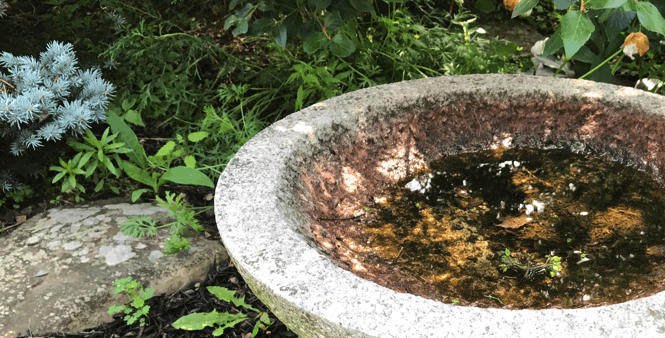Your refrigerator might be working harder than it needs to. Like your carpets and furniture, your fridge’s condenser coils are often an overlooked area that needs to be cleaned and dusted. Start by unplugging or turning your fridge off from the circuit … Read More
Category Archives: Tip of the Week
You can improve your gas mileage by 0.6% on average—up to 3% in some cases—by keeping your tires inflated to the proper pressure. Under-inflated tires can lower gas mileage by about 0.2% for every 1 psi drop in the average … Read More
Disposable straws are usually made from plastic and plastic never breaks down. As time goes by, plastic will separate into smaller and smaller pieces, but never completely biodegrades. Plastic is quickly transforming our oceans into plastic soup… In the USA alone, 500 … Read More
The first West-Nile-Virus carrying mosquitos of the year were recently found in New York City. It won’t be long until they’re found here, too . As reported in the Newton Conservators newsletter last summer (http://bit.ly/2alZwSW), the West Nile Virus not only … Read More
Try to avoid using a hose pipe – use a watering can instead to concentrate on the areas that need watering. Try to water first thing before the sun is up to reduce water wasted to evaporation. Rake old clippings by … Read More
Heating water to wash clothes and using the dryer to dry them is a waste of energy, causing unnecessary CO2 pollution, when cold water washes and drying in the sun or wind works better. Heating water produces CO2 pollution and … Read More
Use Non-toxic household cleaner recipes to protect the health of your family and save money. Here are some suggestions for traditional homemade non-toxic cleaners: All-purpose cleaner: Mix ½ cup vinegar and ¼ cup baking soda (or 2 teaspoons Borax) into ½ … Read More
Paying online is not only quick and convenient, but receiving your statements online benefits the environment. Information found on http://www.50waystohelp.com/ says, “If every US household received electronic statements, then we could save 18.5 million trees, 2.2 billion tonnes of greenhouse gases 1.7 … Read More






Recently on Twitter